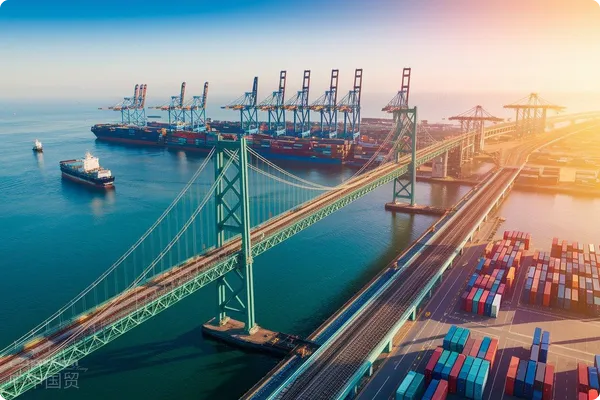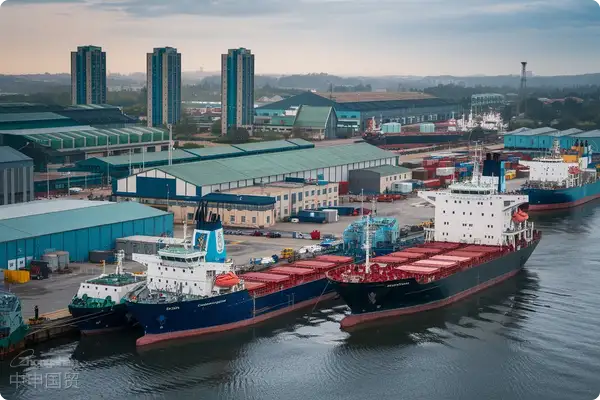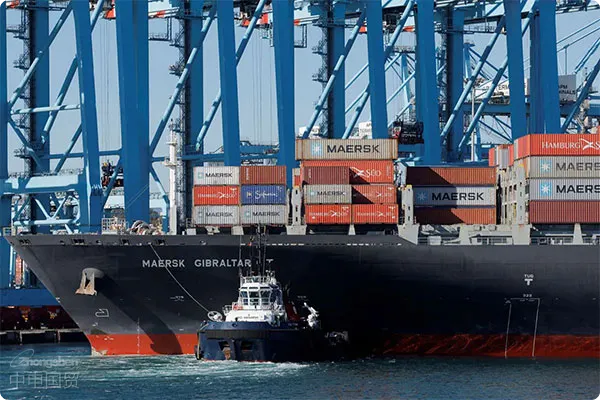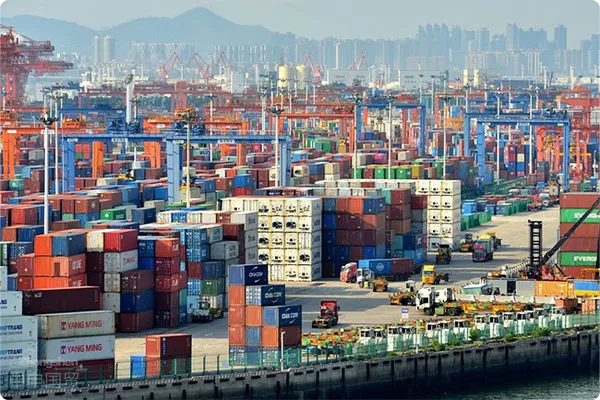- Shanghai Zhongshen International Trade Co., Ltd. - Two decades of trade agency expertise.
- Service Hotline: 139 1787 2118
With theChina-Europe Railway Expressoperation, import enterprises have new opportunities in tax planning. Understanding and making good use of the customs deduction policy for the domestic railway transportation and related fees of imported goods is crucial for reducing customs clearance costs. This article aims to introduce in detail the China - Europe Railway Express and the customs deduction policy for the tax assessment of imported goods, to help enterprises better understand and utilize this policy.
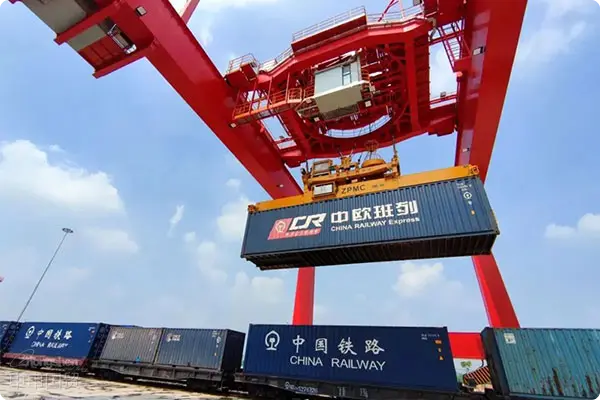
Definition of the China - Europe Railway Express
The China-Europe Railway Express is organized by China Railway Corporation and operates as an international railway联运 train with fixed train numbers, routes, schedules, and全程 running times. It runs between China and Europe as well as Belt and Road partner countries, primarily carrying containers and other goods.
The Customs Measures to Benefit Enterprises
To further reduce企业通关 costs, the General Administration of Customs has nationwide推广 the China-Europe Railway Express return transport goods domestic段运费 deduction policy. This policy stipulates that when calculating import duties, eligible domestic段铁路运输 and related costs are not included in the dutiable value.
Domestic段铁路运输 and related costs definition
The term domestic段铁路运输 and related costs refers to the transportation and related costs incurred after the arrival of China-Europe Railway Express return transport import goods at the domestic input location in China and their subsequent铁路运输.
Identification Standards
The place of entry in China refers to the place where the imported goods first leave the international means of transport carrying the imported goods after it enters the customs territory of China. In the return transportation of the China - Europe Railway Express, it is mainly manifested as the domestic rail - changing behavior.
Conditions for Applying the Freight Deduction Policy
Enterprises can apply the freight deduction policy under the following circumstances:
(a) The domestic railway transportation and related fees are separately listed;
(b) The taxpayer can allocate them according to objective and quantifiable standards and provide corresponding evidence.
Required Materials
Enterprises need to provide the following materials to enjoy the freight deduction policy:
Freight invoices and other documentary materials clearly listing the freight details.
Objective and quantifiable deduction standards and evidence, including the current freight rates of each section of the China - Europe Railway, the proportion of transportation and related costs before and after unloading, the proportion of transportation distances, etc.
Customs Declaration Form Filling Requirements
1. For import goods that do not include transportation and related costs (such as FOB or EXW terms), the taxpayer must declare the transportation and related costs incurred before卸货 at the domestic input location in the freight column of the customs declaration form.
2. For import goods that already include transportation and related costs (such as CIF or C&F terms), the taxpayer must declare the domestic段铁路运输 and related costs already included in the declared value in the miscellaneous fees column of the customs declaration form as a negative value.
When enterprises use the China - Europe Railway Express for the transportation of imported goods, by correctly understanding and applying the customs deduction policy for the tax assessment of imported goods, they can effectively reduce customs clearance costs. This not only involves an accurate understanding of the policy, but also the preparation of necessary materials and the correct filling of the customs declaration form. Enterprises should make full use of this policy to optimize tax planning and thus gain a greater competitive advantage in international trade.
Related Recommendations
© 2025. All Rights Reserved. Shanghai ICP No. 2023007705-2  PSB Record: Shanghai No.31011502009912
PSB Record: Shanghai No.31011502009912
